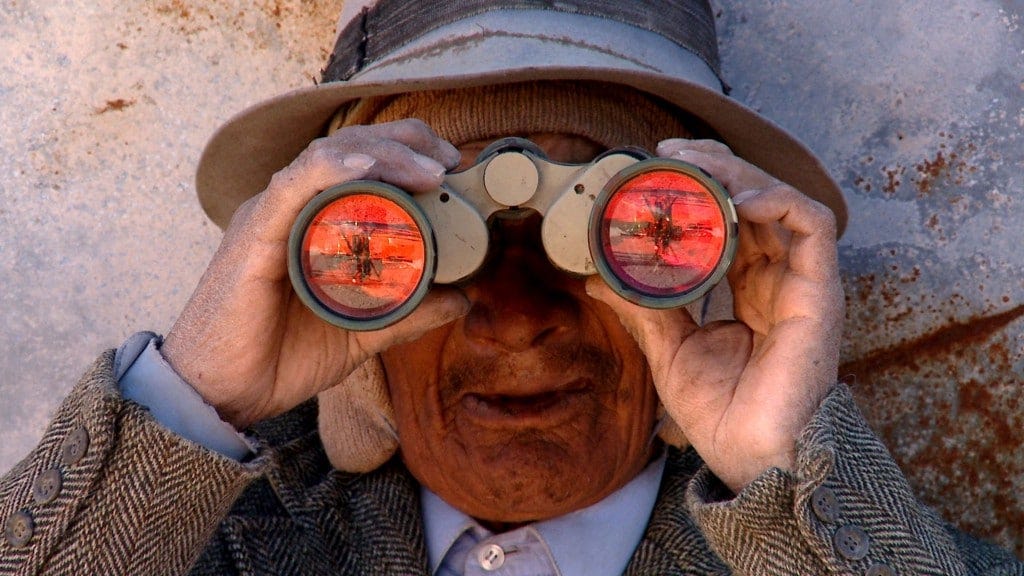Three Beautiful New Latin American Documentaries Paint Portraits with Sound
Surire, Site of Sites, and Black Sun are highlights of this year’s Neighboring Scenes showcase.

Salt flats are truly bizarre ecosystems, fields of mineral deposits under vast expanses of sky. The Salar de Surire is no different, a vast white desert in the shadow of the Arintica volcano and its flanking glaciers. It sits in Northern Chile, but in Iván Osn…
Keep reading with a 7-day free trial
Subscribe to Nonfics to keep reading this post and get 7 days of free access to the full post archives.



